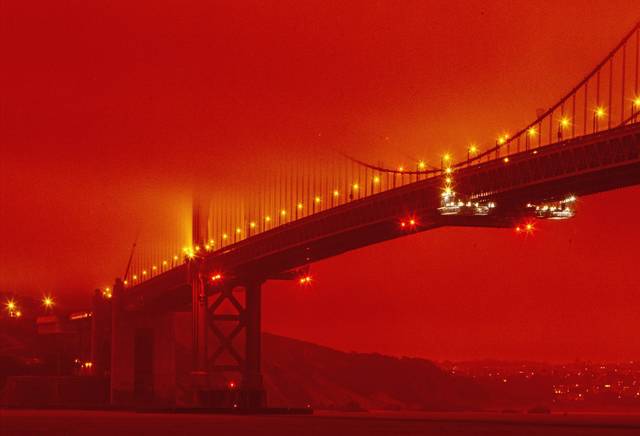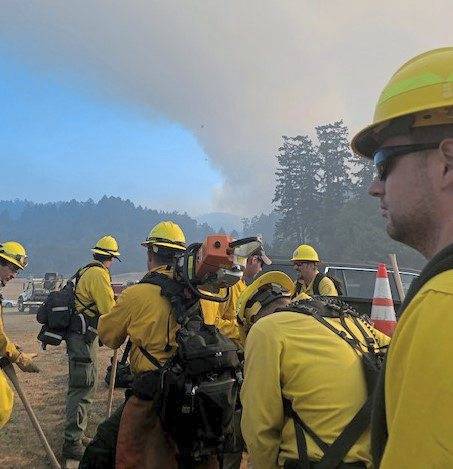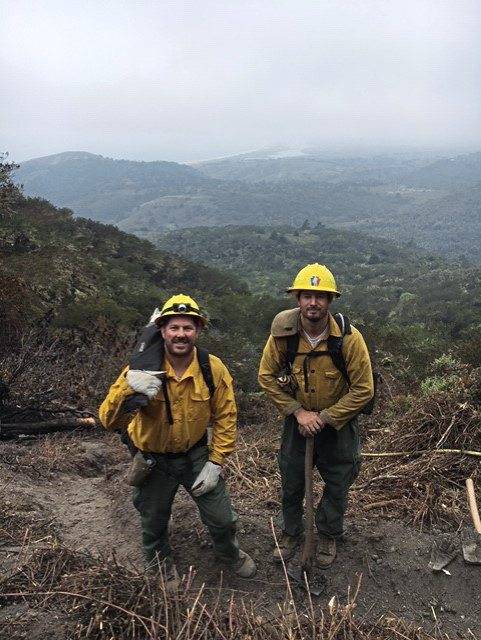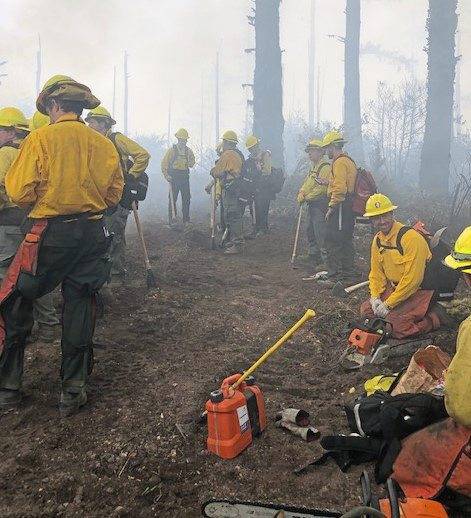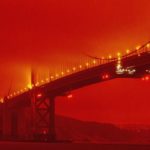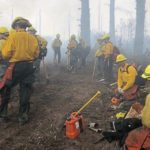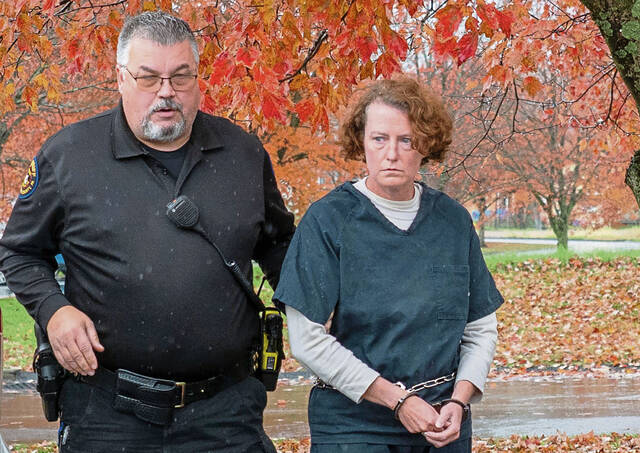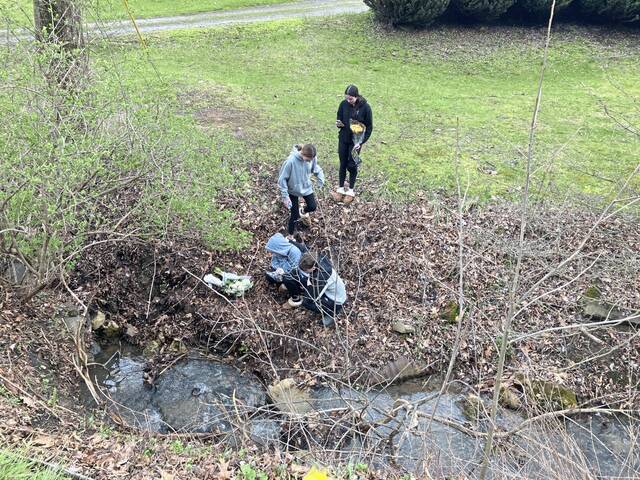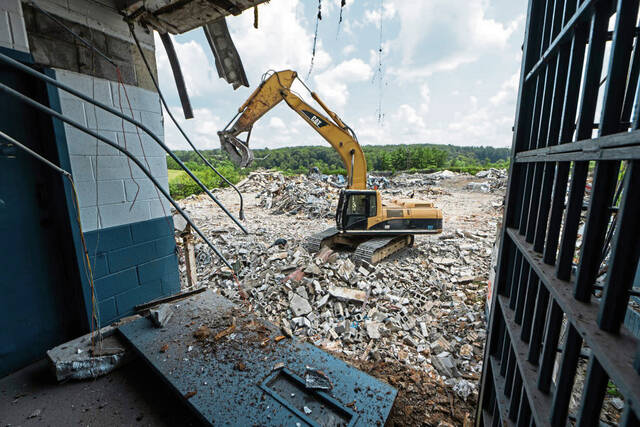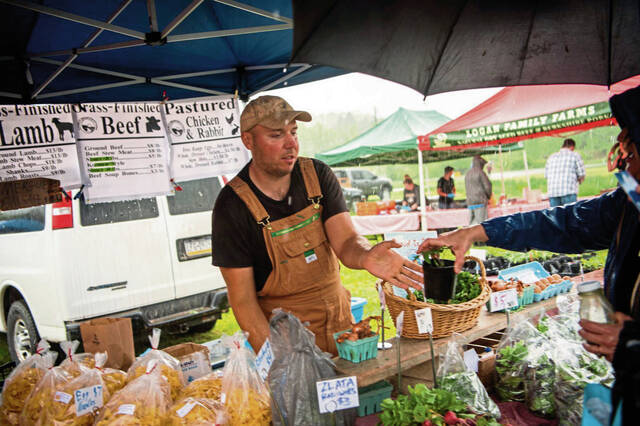Many people viewing the startling images of wildfires ravaging millions of acres in California might shy away from an opportunity to get in the middle of a dry-season inferno.
Not Joshua Derk, a state-certified wildland firefighter and second lieutenant with Ligonier’s Valley Hose Co.
Derk, 30, returned Tuesday from Point Reyes National Seashore, a 71,000-acre national preserve about 30 miles north of San Francisco along the Pacific Ocean. There, he was part of a firefighting crew with the Pennsylvania Department of Conservation and Natural Resource that spent more than two weeks battling a blaze set off by a lightning strike on Aug. 17 that grew out of control.
When he was asked in mid-August by state DCNR Bureau of Forestry personnel in Laughlintown whether he was interested in heading west, he jumped at the opportunity.
“It’s really nice to experience new things and see different parts of the country. You don’t know whether you’ll get an opportunity like that again,” Derk said.
Plus, Derk, the father of two boys, Conner, 9, and Evan, 4, likes to help people.
“Towards the end, there was a town that we were able to complete the (fire protection) line around so they didn’t have to evacuate and they came out and stood along the road with signs at 7 a.m., clapping and thanking us for helping as we headed back out. It really makes you feel good about what we did,” Derk said.
“On the first day, the fire was 2,700 acres and zero percent contained. When we left, it was 4,835 acres, but 95 percent contained,” Derk said.
Derk was part of a 20-plus member wildland fire crew that left Aug. 20 from Clearfield and drove three days to Marin County, Calif.. They were assigned to battle the Woodward Fire.
According to the National Park Service, in addition to the crew from Pennsylvania, over 200 personnel were brought in to assist Marin County firefighters with the fire. When Derk was there, the team consisted of five firefighting crews, plus 17 engines, five helicopters and two water-scooping planes, according to park service reports.
Derk’s days began at 5:30 a.m. at a tent camp about 20 minutes away from the blaze. They each would eat breakfast, load the day’s rations, which included about two gallons of water and food, along with firefighting protective gear into a pack that weighed about 30 pounds, he said.
He serves as a “swamper,” on the ground helping build a fire protection line by clearing out heavy brush with a sawyer, another member in charge of using a chainsaw. When one got too tired to hold the saw, the other took over. Once they cleared the brush, other crew members came in to dig the line by hand to keep the fire from spreading further.
The crews usually worked 16 hour days, Derk said.
“It was really hard work. I was glad for my workouts at the (Ligonier Valley) Y more than once,” he said.
“The climate was really weird because the Pacific Ocean is right there. It would be real cold in the morning with a lot of coastal fog,” Derk said.
But then the sun would come out and burn off the fog by about noon and further dry out ground plants, increasing the potential for “blow up” fires.
At one point, the flames got so close Derk said his crew had to pack its gear and move immediately for fear of potentially becoming trapped in the fire.
“We saw the hot shot crew pulling out for a safety zone and figured we better get out, too,” Derk said.
Derk has gone out West with other wildland firefighting crews, including in July 2018 to Pleasant Valley, Nev., where more than 438,000 acres burned.
“This was a lot different. We were in literally a desert there and well behind it, but we were right up on it with this one,” Derk said.
And as for the adventure and experiences, Derk said he saw the Pacific Ocean for the first time and also drove to see the Golden Gate Bridge in San Francisco.
“When we got back home, I saw the photographs with the orange tint in the sky from the smoke,” Derk said. “It was clear when we left… but that orange sky made me want to go back to help.”


